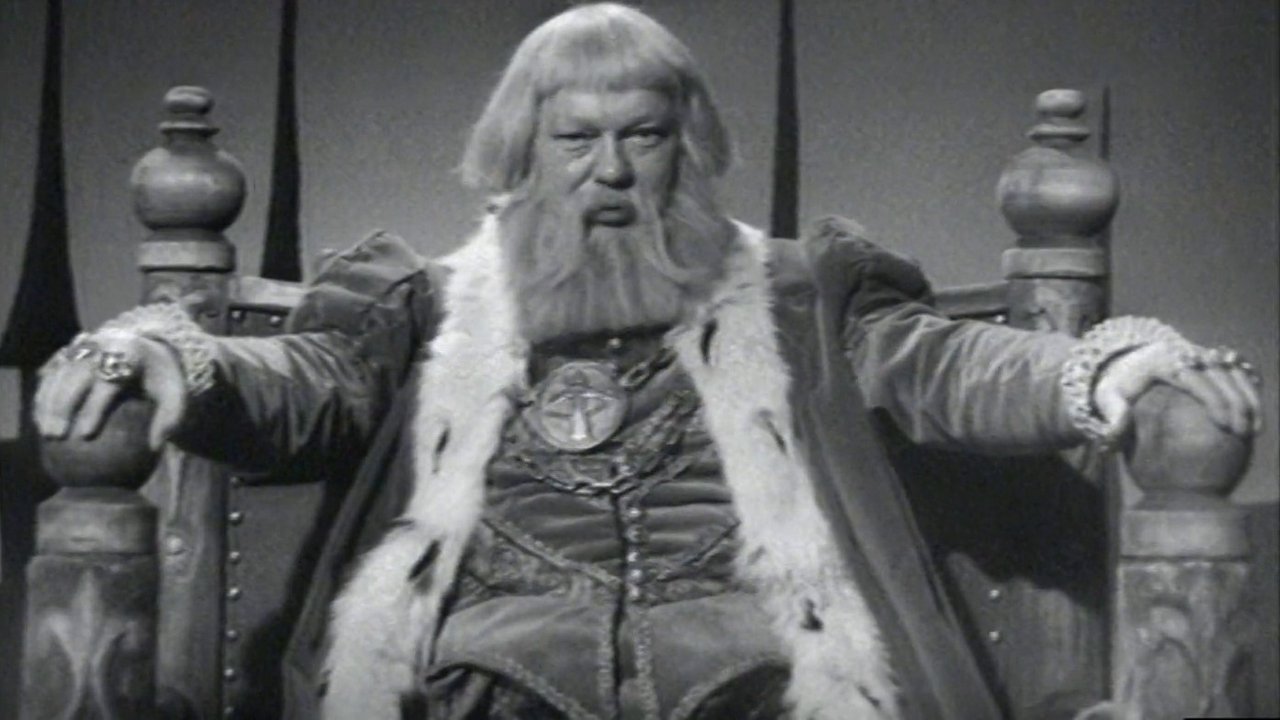
Dacke (1961)
Nils Dacke, leader of the revolt against Gustav Vasa, is torn between his anger over social injustice and royal oppression, and his doubt in the power of himself and weapons.

Nils Dacke, leader of the revolt against Gustav Vasa, is torn between his anger over social injustice and royal oppression, and his doubt in the power of himself and weapons.
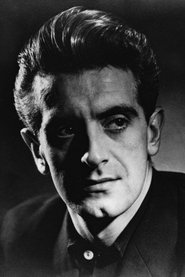 Tor IsedalNils Dacke
Tor IsedalNils Dacke John ElfströmFadern
John ElfströmFadern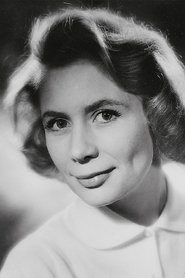 Doris SvedlundGertrud
Doris SvedlundGertrud Halvar BjörkJösse
Halvar BjörkJösse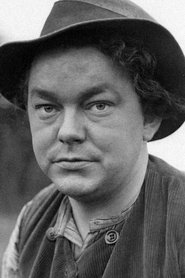 Åke GrönbergGustav Wasa
Åke GrönbergGustav Wasa Per MyrbergPrins Erik
Per MyrbergPrins Erik Mona MalmKarin Månsdotter
Mona MalmKarin Månsdotter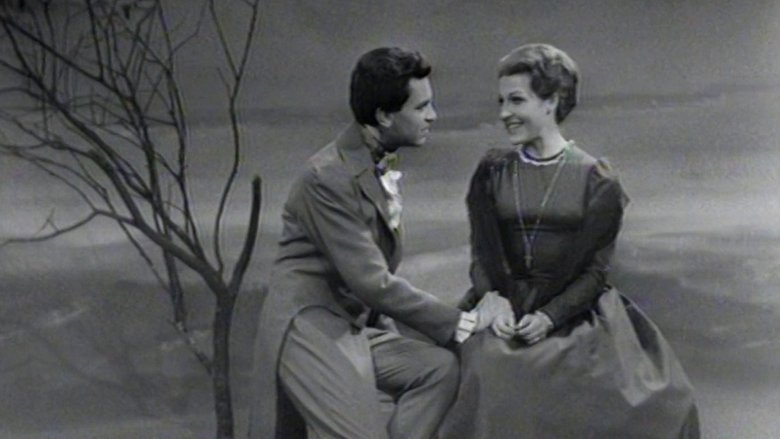
The baron wants his niece and her cousin to get married but their own intrigues challenge his plans.
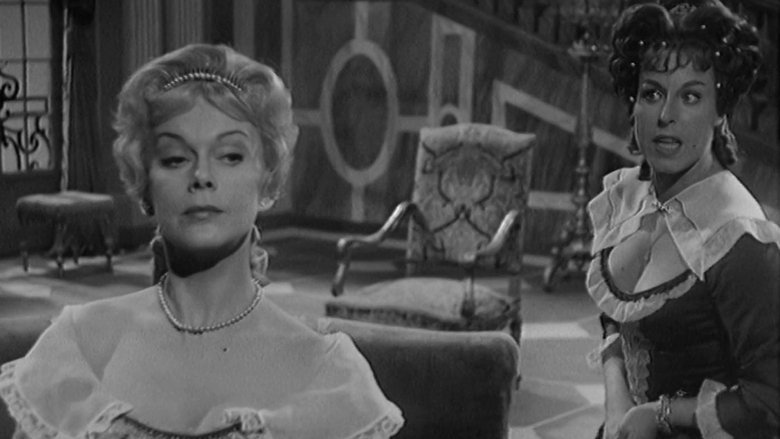
Alceste has a very low opinion about humanity and is always brutally honest. This gets him into a lot of trouble.
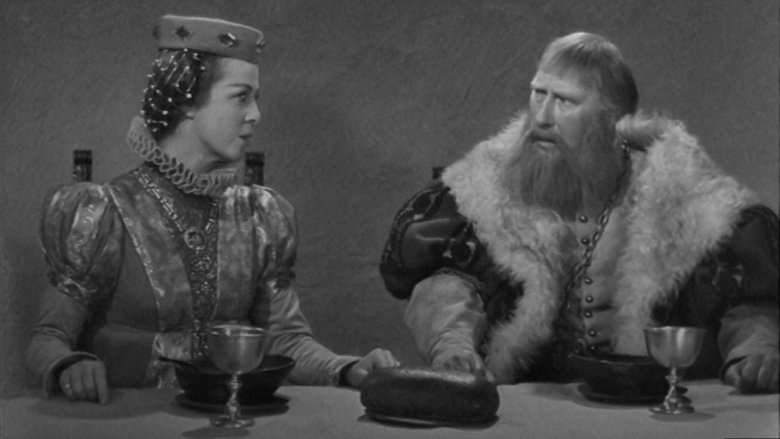
Gustav Vasa struggles to keep power while dealing with the Dacke War in his own country and his foreign debts.
Kristian Smeds's sensational debut at the National Theater. Smeds's adaptation of Väinö Linna's The Unknown Soldier had a powerful impact even on those who had not seen the play. In the National Theater's interpretation, modernity and intensity are strongly present throughout the play. The cast includes Antti Luusuaniemi, Kristo Salminen, and Jaakko Kytömaa.
About the people at the bottom of the hierarchy working in a restaurant.
Shows the people who visit a café that is open late at night
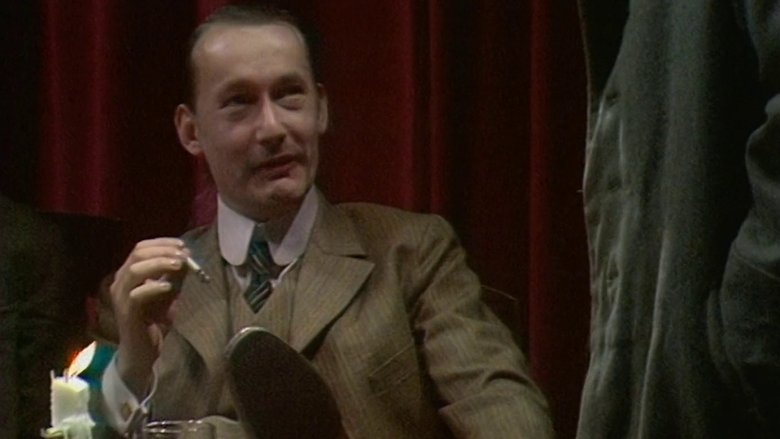
After the first world war Andreas returns to Berlin to find it in chaos after the fall of the empire. The main battle is between the Spartacists and the Freikorps and Andreas needs to find a place for himself in the conflict for the future of Germany.
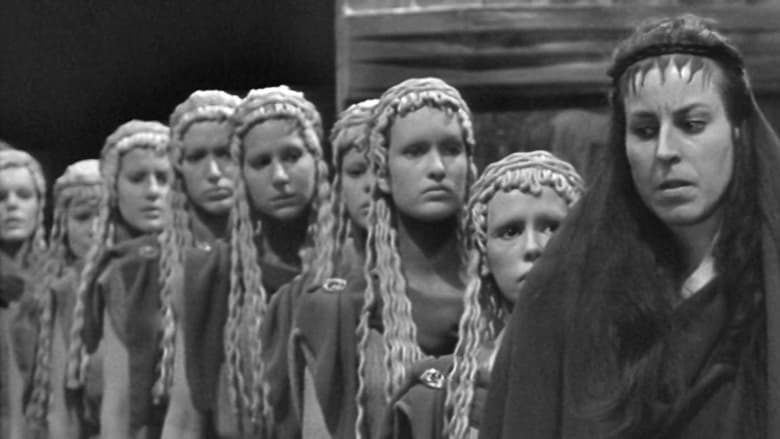
Medea is a powerful witch who gets revenge on her cheating husband Jason by killing their children.
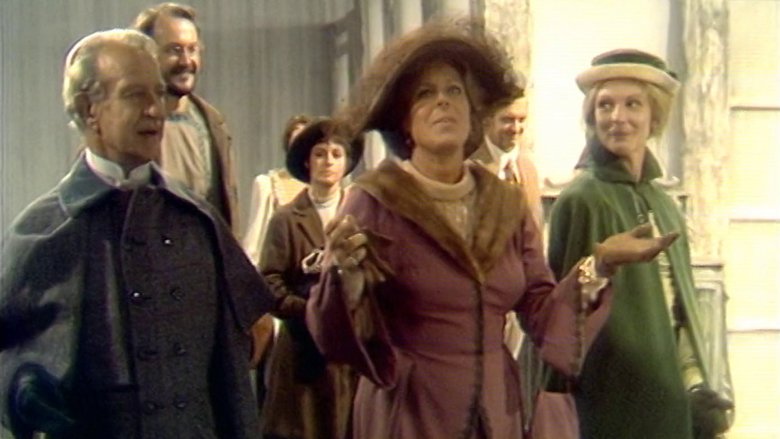
Television adaptation of Chekhov's story about the spoiled widow Madame Ranevskaya.
A young girl is torn between marrying the old man herr Sleeman for money or the young hunter out of love.
Axel and Bertha are a married couple who are both artists in 1880s Paris, the film addresses the topic of gender equality in marriage and society, for example the property rights of married women.
Inès, Estelle, and Garcin are condemned to be together in a single room and soon start arguing and accusing each other.
Blind-Jonas is in a poorhouse dreaming about his past, in contrast the young girl Cecilia shows up dreaming about her future.
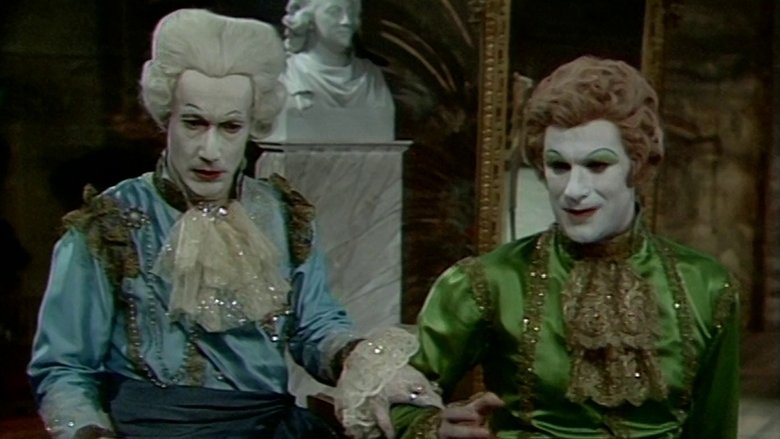
Based on play by famous swedish author/playwright August Strindberg adapted for swedish TV in 70's. It's about the real life assassination on swedish king Gustav III who was killed by a lieutenant Jacob Johan Anckarström who acted on behalf of a group conspirators.
The film takes place in the Swedish capitol Stockholm during the year 1809. War has ravaged Europe continuously for the last seventeen years. The common citizens of Stockholm live in misery as poverty, violence and death dominate the shadowy alleys. A coup feels inevitable and the coming dissolvement of the nation is what's on everyone's lips. In a beautiful salon six nobles are hiding away from it all by partying and socializing. One night the hostess Charlotte reveals to her five guests that she will be forced to sign over her property to one of them, for fear of otherwise losing it to the rebelling antigustavians. A game begins in the candlelit salon. A game of covert intentions, manipulation and mind games as five nobles attempt to find out who of them is best suited to take over the beautfiul estate. Time passes as they're all constantly driven towards their own personal abysses. All meanwhile the sounds of gunshots and yelling echo from beyond the gilded window sills.

Stall-Erik och snapphanarna is a Swedish film project that began filming in 1996 with a preliminary premiere in 2025. Director, producer and lead actor is Anders Olofsson. Olofsson is entirely responsible for the financing of the project and the casting.
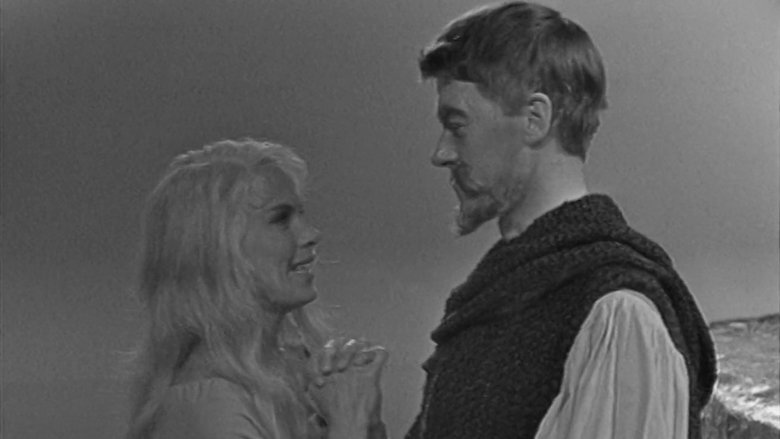
Television adaptation of Shakespeare's Twelfth Night
At 30 years old King Gustav III has a number of great projects behind him already, but his most demanding in front of him - to consummate his marriage and put an heir on the throne. With both determination and anxiety the king begins his amorous battle to secure succession.
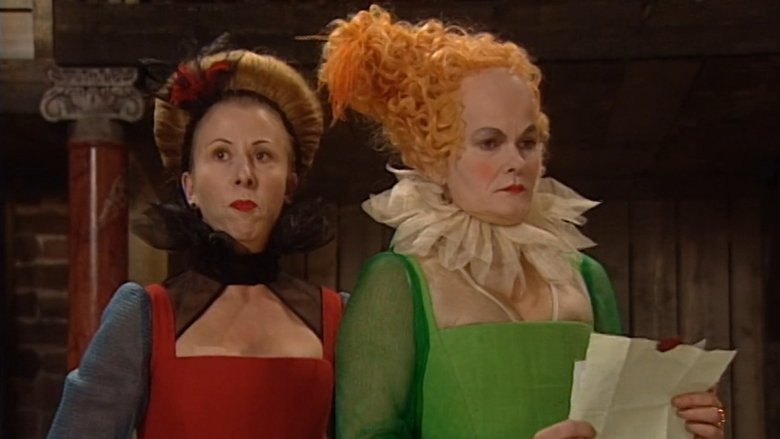
A light hearted adaptation of Shakespeare's play about middle class life in Elizabethan England.
The story of the “Oresteia” begins with King Agamemnon's return to Argos after the fall of Troy. The chorus, composed of old Argives, recalls the sacrifice offered to the gods by Agamemnon, in Aulis, of his daughter Iphigenia to gain their favor.